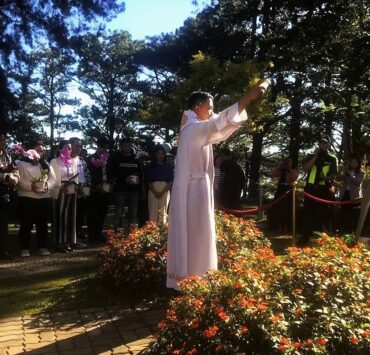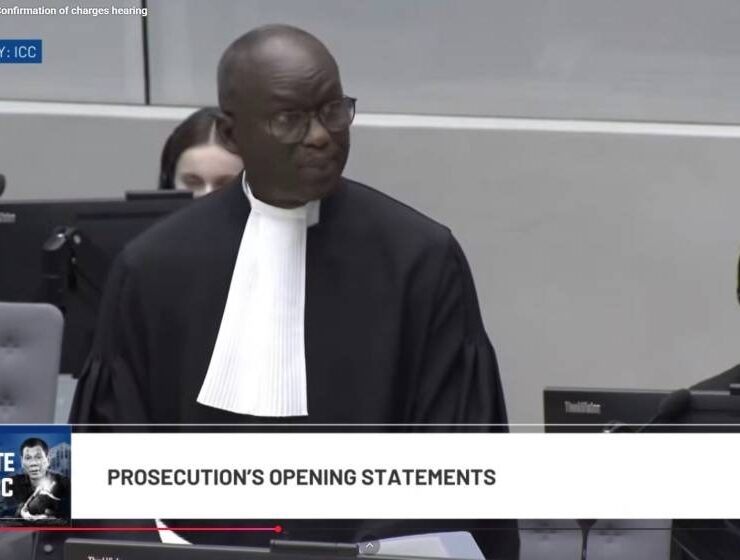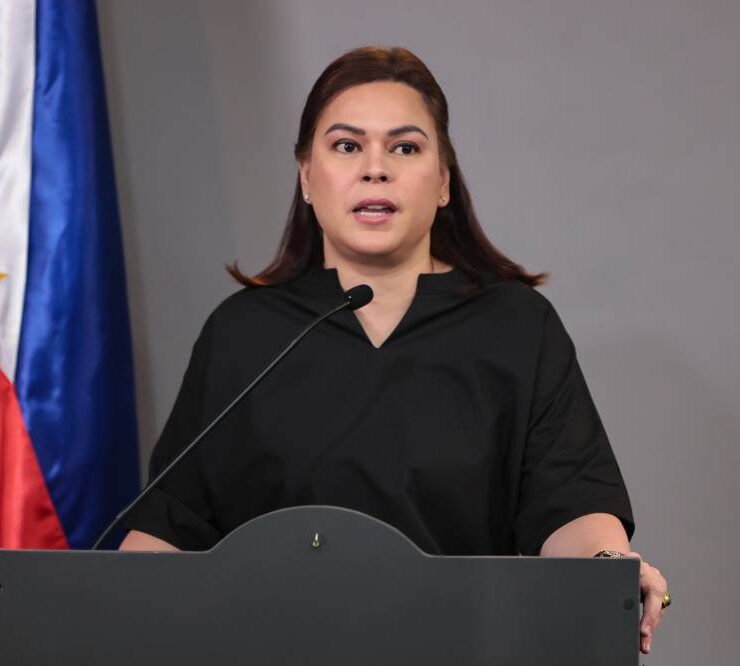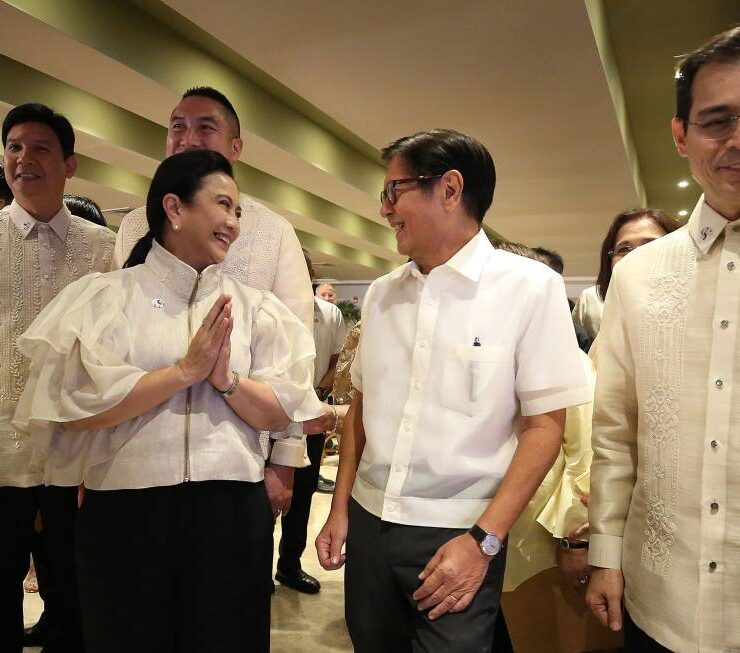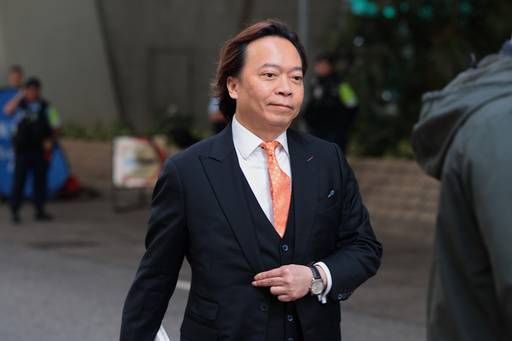China embassy defends, wants to visit PH-jailed spying suspect
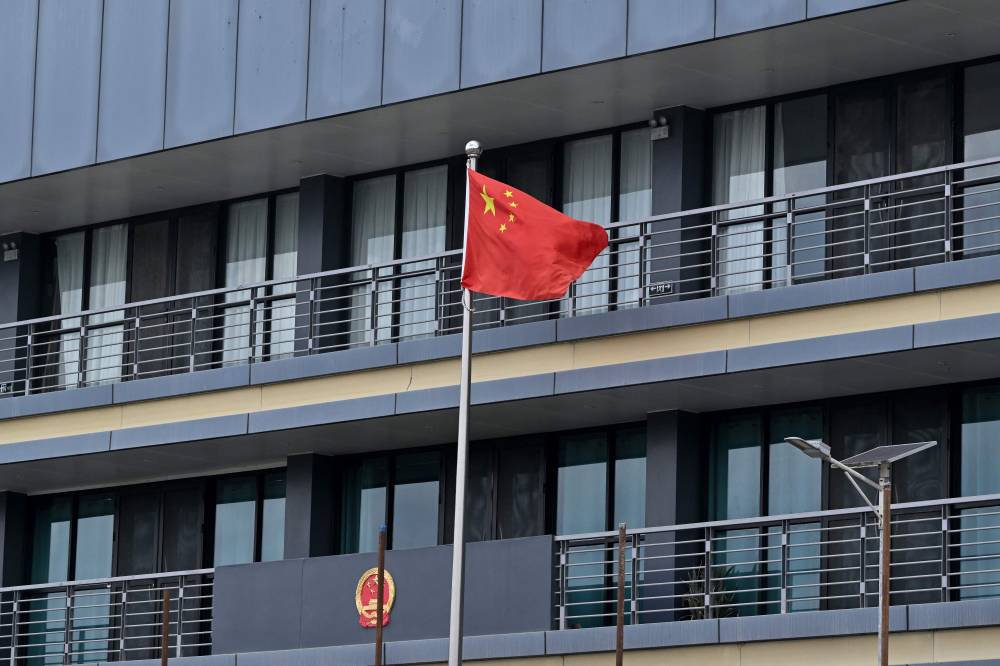
The Chinese Embassy in Manila on Saturday denied the espionage allegations against its detained citizen, Deng Yuanqing, and asked the Philippine government to refrain from making groundless speculations.
It also asked the Philippine government to be allowed to visit Deng, who has been in custody since last week, so they could provide him with consular assistance.
“The so-called ‘espionage’ operation of a Chinese citizen in the Philippines is baseless speculation and accusation. The Chinese Embassy in the Philippines has expressed concerns to the Philippine side and requested for consular visit to the said Chinese citizen so as to provide consular assistance,” the embassy said in a statement.
“We urge the Philippine side to base its judgment on facts, not to make presumption of guilt, stop airing groundless speculations about the so-called ‘Chinese spy case,’ handle relevant cases in accordance with the law, earnestly fulfill the obligations of the bilateral consular treaty and protect the legitimate rights and interests of Chinese citizens in the Philippines,” it added.
It also said Deng’s family has approached the embassy to express their concern over his safety and fair treatment and “presented some facts different from the accusation by the Philippine authorities.”
Arrest sparks spying fears
The Department of Justice (DOJ) and the National Bureau of Investigation presented Deng and his two Filipino companions Ronel Jojo Balundo Besa and Jayson Amado Fernandez to the public on Monday, Jan. 20. They were arrested in Makati City on Jan. 17 after authorities received last month intelligence information about their activities.
Deng’s arrest has sparked fears of widespread spying by Chinese agents on the Philippines’ defense systems and follows the case of dismissed Bamban, Tarlac Mayor Alice Guo, later identified as Chinese national Guo Hua Ping. Guo was accused of being a spy and is now facing several charges in local courts, including money laundering and human trafficking.
Authorities said Deng’s group conducted espionage activities in one of the Enhanced Defense Cooperation Agreement sites hosting American soldiers and equipment, as well as other locations, such as airports, seaports, power facilities and shopping malls.
The NBI said it recovered equipment from Deng that can produce coordinates and measure the topography and terrain of an area and can be operated remotely through a drone.
Deng and his two companions have been charged with espionage and violation of the anticybercrime law.
Military school graduate
According to authorities, Deng specialized in control and automation engineering and graduated from the Army Engineering University of the People’s Liberation Army, a Nanjing-based military school.
The Bureau of Immigration (BI) said on Friday that Deng, 39, first entered the Philippines in 2013 and was later issued a permanent residence visa after he married a 36-year-old Filipino woman.
“Verification of his records revealed that he has been living in Metro Manila, and has traveled in and out of the country numerous times for almost 12 years,” the BI said in a statement.
“We are not taking this lightly. Any threat to our sovereignty will warrant the full action of BI, in coordination with other law enforcement agencies,” BI Commissioner Joel Anthony Viado said.
The BI plans to start deportation proceedings against the suspect but clarified that this will only be done once all cases against him have been resolved.
‘Iffy conclusion’
Meanwhile, Teresita Ang See, a prominent figure in the Chinese-Filipino community, said on Friday that experts should immediately “determine the nature of the equipment [confiscated from Deng] … to clear up the misunderstanding.”
She said Deng Wenying, the suspect’s sister, had approached her for assistance.
“This is to appeal to relevant authorities to make an impartial investigation. I believe a real spy won’t have his family asking for help for his release,” Ang See said in a statement.
“It is a big jump to an iffy conclusion that China is spying on the Philippines just because a technician has road surveying instruments in his car,” she added.
Ang See also said that conspiracy theories of espionage and sleeper agents “serve only to churn turbulent waters in Philippine-China relations.”
The Philippines and China have been locked in territorial disputes in the West Philippine Sea with Manila pushing back against Beijing’s increasingly aggressive incursions in the Philippines’ exclusive economic zone.














